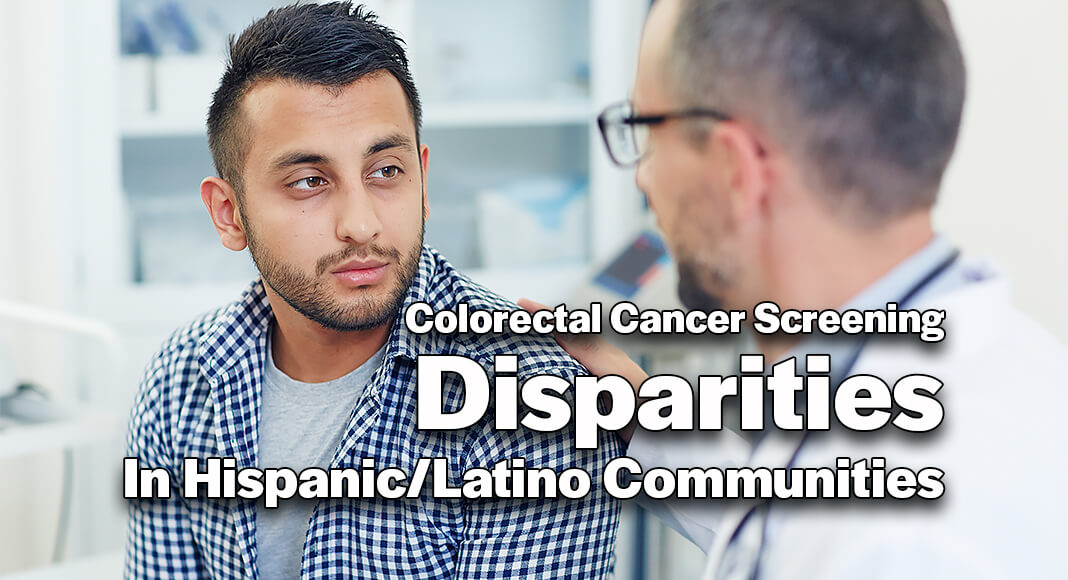
Mega Doctor News
CLEVELAND CLINIC – Recent Cleveland Clinic research shows there are some disparities in the Hispanic and Latino communities when it comes to colorectal cancer screenings.
It appears they have lower screening rates.
“Colorectal cancer is one of the leading causes of cancer death among Hispanic or Latino populations, and so it is an extremely important public health problem,” explained Blake Buchalter, PhD, researcher for Cleveland Clinic.
Buchalter, who led the research team, said they developed an interactive map to determine which populations had the lowest colorectal cancer screening rates.
They also examined different component groups, such as the Cuban population, Mexican population, and Dominican population.
Buchalter said it’s unclear why exactly there are disparities in colorectal cancer screenings in the Hispanic and Latino communities.
That’s something that needs to be further studied.
In the meantime, he hopes the data can be used to help improve rates of colorectal cancer screenings.
“Policy makers, public health practitioners, and the public can actually go online and look at this [interactive map} and sort of see what these relationships look like in different geographic regions of the United States. And then that helps to basically identify these areas where funding or other policies could be targeted,” said Buchalter.
Currently, it’s recommended that adults start getting regular colorectal cancer screenings when they turn 45.
Those with an increased risk or who have a family history may need to get screened sooner.












